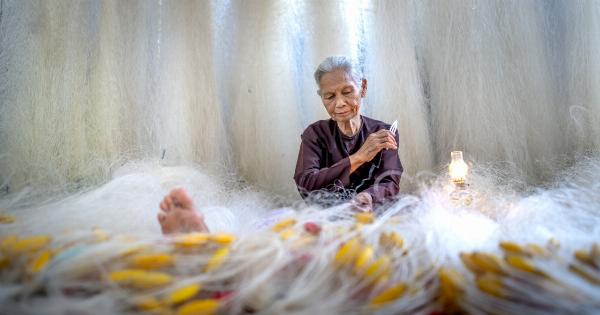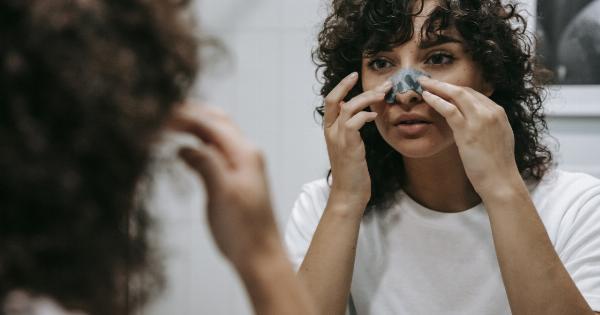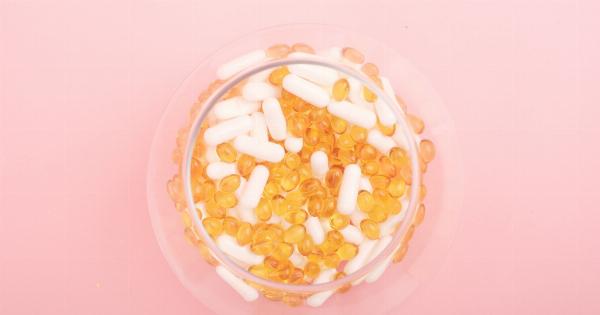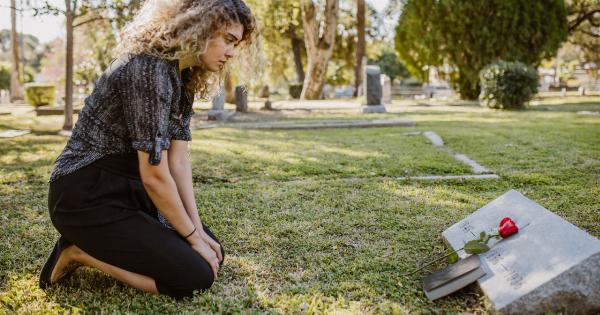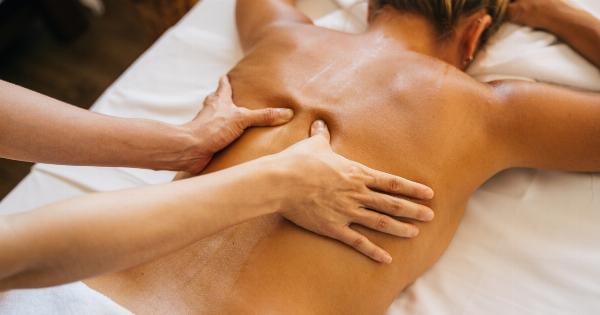The quality of our hair is often seen as an indicator of overall health.
It’s common knowledge that poor nutrition can negatively impact our hair, but did you know it can also contribute to hair loss? While genetics, stress, and hormonal changes are all factors affecting hair health, diet is just as important, if not more so. Keep reading to learn more about how your diet impacts your hair health and what you can do to prevent hair loss.
How Diet Affects Hair Health
Our hair requires a variety of essential nutrients to grow, including protein, vitamins, and minerals. If our diet lacks these nutrients, it can result in a wide range of hair issues, from dullness and breakage to hair loss.
Protein
Protein is the basic building block of hair, making up 90% of its composition, so consuming enough is crucial for maintaining healthy hair. A diet low in protein can result in weak and brittle hair, which can lead to hair loss.
Foods high in protein that are excellent for hair include lean meats, fish, eggs, nuts, and soy products.
Vitamins
Vitamins are essential to your hair’s health, and a deficiency can cause hair loss. The following vitamins are essential for healthy hair:.
- Vitamin A: Regulates hair growth and helps produce sebum – a natural oil that keeps your scalp healthy. Foods high in vitamin A include sweet potatoes, carrots, and spinach.
- Vitamin B: Promotes healthy hair growth. Foods high in vitamin B include whole grains, leafy greens, and nuts.
- Vitamin C: Helps produce collagen – a protein that strengthens hair strands. Foods high in vitamin C include citrus fruits, strawberries, and peppers.
- Vitamin D: Helps regulate the growth cycle of hair follicles. Foods high in vitamin D include fatty fish, eggs, and mushrooms.
- Vitamin E: Helps improve blood flow to the scalp. Foods high in vitamin E include nuts, seeds, and leafy greens.
Minerals
Minerals are essential for healthy hair growth, but are not produced by our bodies. Therefore, it’s important to get them from our diets. The following minerals are crucial for hair health:.
- Zinc: Helps build hair protein, and a deficiency can result in hair loss. Foods high in zinc include oysters, beef, and pumpkin seeds.
- Iron: Helps red blood cells carry oxygen to the hair follicles. A deficiency can lead to hair loss. Foods high in iron include red meat, spinach, and lentils.
- Selenium: Helps your body process iodine – which regulates the hair growth cycle. Foods high in selenium include Brazil nuts, tuna, and mushrooms.
What to Avoid to Prevent Hair Loss
Just as certain foods can positively impact your hair health, others can have the opposite effect. The following are foods to avoid to prevent hair loss:.
Sugar and Processed Foods
A diet high in sugar and processed foods can cause inflammation in the body and damage hair follicles, leading to hair loss. It’s best to stick to a diet of whole, unprocessed foods.
Fast Food and Fried Foods
Fast food and fried foods are often high in fat and salt, both of which can contribute to hair loss by causing inflammation in the body.
They also typically lack important nutrients like protein, vitamins, and minerals, which are important for healthy hair.
Alcohol
Excessive alcohol consumption can cause dehydration, which can lead to hair loss. Alcohol can also disrupt the body’s ability to absorb nutrients, which are crucial for healthy hair growth.
Conclusion
The quality of your hair is a reflection of your overall health, and your diet plays a crucial role in maintaining healthy hair.
Eating a diet rich in protein, vitamins, and minerals is essential for healthy hair growth, while avoiding sugar, processed foods, fast food, fried foods, and excessive alcohol consumption can help prevent hair loss. Remember – the foods you eat not only impact your hair health, but your overall well-being.




